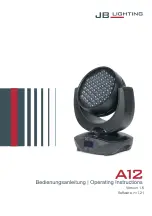
14
Care of your residual limb
• General hygiene
Wash your residual limb every evening using a non-
perfumed soap and warm water. Rinse it well and pat it
dry
• Regular inspection
Examine your residual limb every day for signs of
redness, rubbed or sore areas, blisters or other skin
problems. It may be helpful to use a hand-held mirror
to check all areas of your residual limb. If you have any
worries, then contact the staff at your Prosthetic Clinic
for advice
• Creams
Avoid the use of creams on your residual limb unless
advised by a doctor / therapist
• Socks
Change your residual limb socks daily or more often in
hot weather when you sweat more
• Oedema
Swelling of your residual limb will occur after
amputation, but this will gradually reduce and your
limb may continue to shrink for many months. A
comfortable fit of your prosthesis can usually be
maintained by altering the number of socks you wear,
or you may need adjustments to your prosthesis
Swelling may be kept under control by use of the
compression sock whenever your prosthesis is not being
worn. A member of the prosthetic team will advise you
how and when to wear it.
Summary of Contents for Maltings
Page 2: ......
Page 4: ......
Page 10: ...6 Standard Features of an Above Knee Prosthesis...
Page 24: ...20...







































